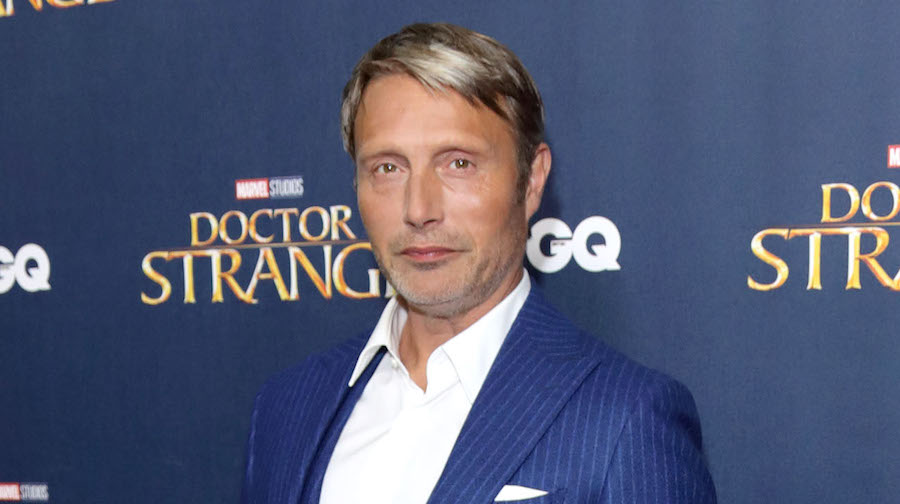Mads Mikkelsen can play nice, but he’s also played both a Bond villain (in “Casino Royale”) and Hannibal Lecter. In “Doctor Strange,” the Danish performer predictably winds up on the evil side of the Marvel Cinematic Universe. He’s Kaecilius, a devious sorcerer who winds up facing down Benedict Cumberbatch’s neurosurgeon-turned-heroic-magician. But his plan almost sounds tantalizing: He wants to defy the ageless leader known as the Ancient One (Tilda Swinton) and create a new society where humans live forever. The only problem: that involves killing most of the world. Mikkelsen, 50, talks to us about death, mortality and how we don’t know if there’s an afterlife.
Ignoring, of course, that it involves global genocide, Kaecilius’ plan is attractive: He wants to find a way to cheat death. Even though living forever is attractive, I’m not sure I wouldn’t waste immortality, just as I’m sure we all waste our own lives. RELATED: Review: “Doctor Strange” proves that the Marvel intros are still fun What do you think you’d do if you lived forever? You kind of get to do that: As an actor, you get to repeatedly inhabit other people’s lives. In the film, your character takes one extreme on mortality, which is that we get to live forever, while Swinton’s the Ancient One talks about embracing death, and the finality of life. It’s true. We do all die. It all seems to stem from the fear that our bodies will one day collapse in on us. We have no clear explanation for why we’re here. No one told us what our function is. It’s also a terrible way to approach it. It must be nice to not be burdened by morality. Unless nothing happens after we die.
[Laughs] It’s very attractive. It makes sense. He has a point. Who would say no to what he’s offering?
That’s always the thing: We define life within a certain time frame. For that reason, it gives it certain qualities. If we don’t have that time frame anymore, we have to give it a different quality. Is that worth it?We won’t know until we get there.
I think I would do more of the same, because it’s incredibly fun to do what I’m doing. [Laughs] To life your life and then have another ride on the carousel, then having another ride on the carousel — it doesn’t sound crazy to me.
That’s true. We get the chance to step in other people’s shoes. We play a little piano, we speak a little French, we ride some horses. But we never get to fully master any of it. We get to visit other worlds. That’s another fantastic part of this job.
But that’s easy for her to say: She’s lived forever. [Laughs] It’s a little like an incredibly beautiful person who says, “You look so beautiful” to someone else. Easy for her to say, because she’s beautiful. [The Ancient One] has a valid point, that she might be full up now [with life]. But at least she had the chance to get a couple extra rides on the carousel compared to the rest of the human race.
Unless you believe in certain things. If you bring religion into the picture, that’s also a way to become immortal, if you believe something else happens [after we die]. The human race has been circling that question forever. That must be one of the reasons we invented religion.
Even stronger than that, though, is asking why on earth are we here? It simply doesn’t make sense. It’s not been done well. What was he thinking up there?
Exactly. Some people embrace that and say, “There is no point, we can do whatever the f— we want.” That’s another way to approach it.
Some of them have a great deal of fun, though. [Laughs]
Exactly. But we are. But I guess that comes from religion as well. We’ll never know until we’re standing in front of that gate.
Exactly. Then we can’t turn around and tell people that. [Laughs]
A fun chat about death with ‘Doctor Strange’ villain Mads Mikkelsen

Getty Images
Follow Matt Prigge on Twitter @mattprigge


















